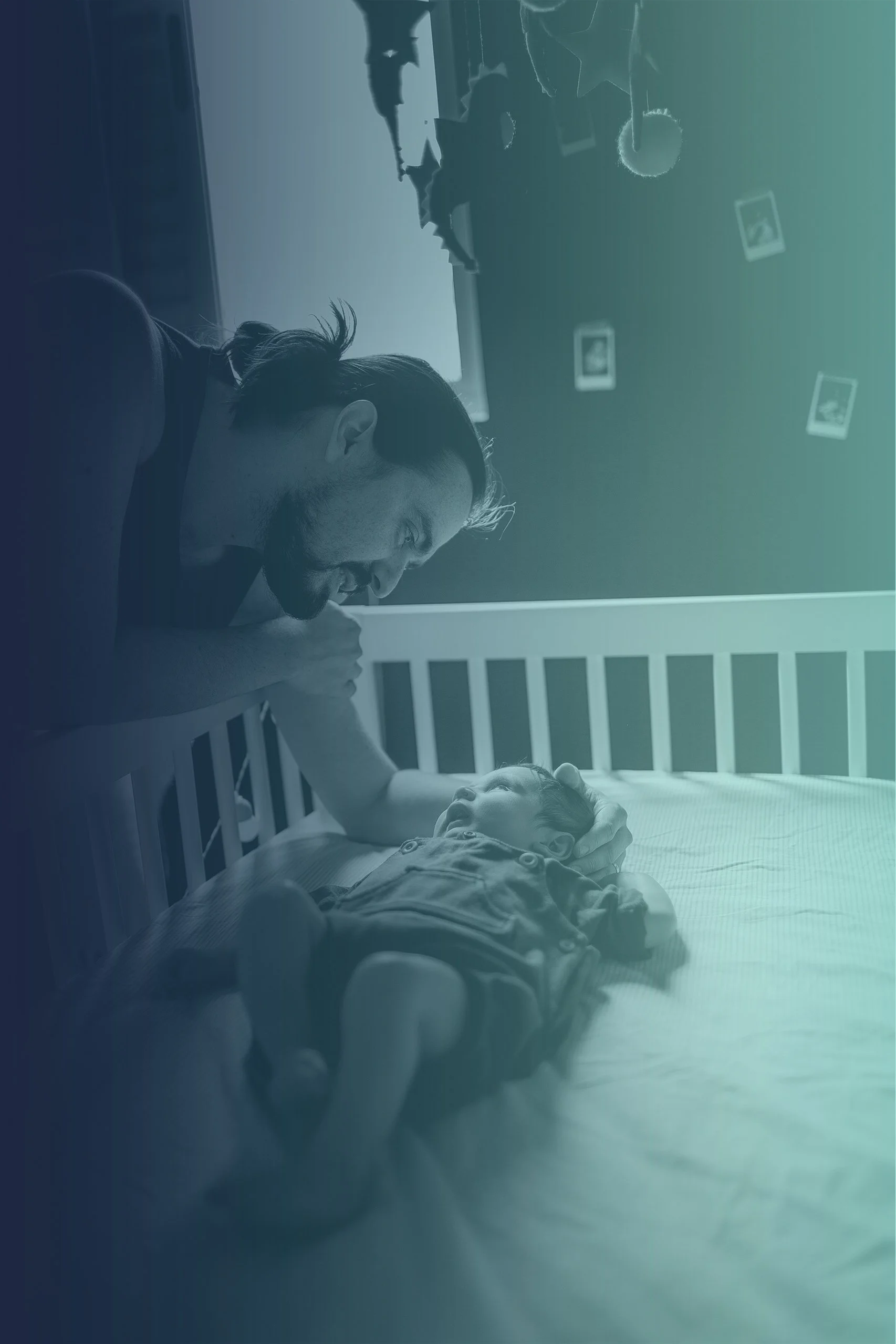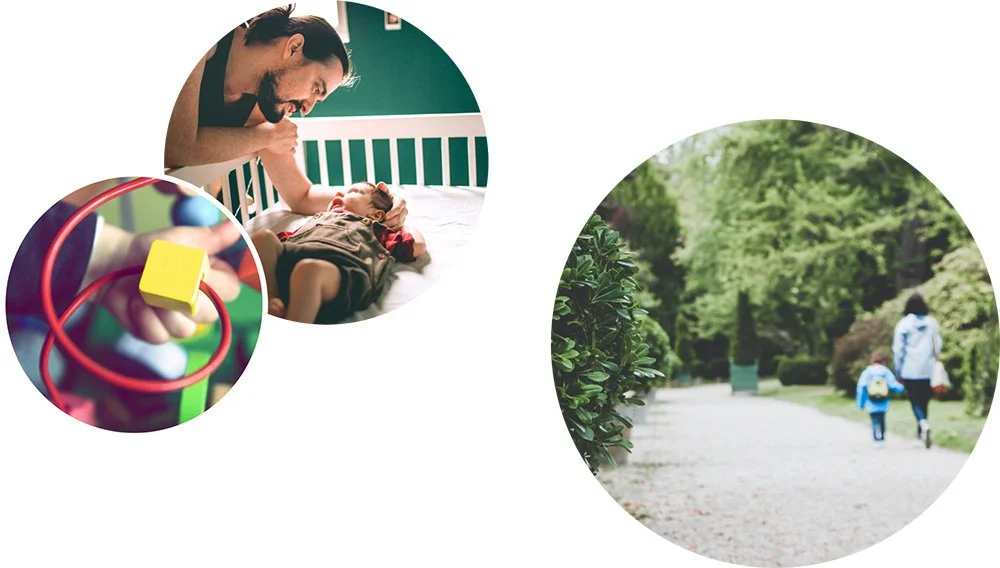
About MARAbio
Bringing families clarity sooner by focusing on a subtype of autism.
MARAbio is a precision immunology company offering hope to families facing the prospect and potential impacts of autism by enabling pre-conception screening, likelihood assessment, and informed care.
With exclusive rights to groundbreaking discoveries by its Founder & Chief Science Advisor Dr. Judy Van de Water at the UC Davis / MIND Institute, MARAbio has uncovered the biological underpinnings of one cause of autism, called Maternal Autoantibody Related Autism (MARA) or MAR-Autism™.
Supported by numerous peer-reviewed publications, MARA provides biological insight into an immune system–mediated subtype of autism (MAR-Autism) that may account for up to 20% of cases. This breakthrough science forms the foundation of our mission to better understand this subtype, with the goal of enabling earlier awareness and more tailored care strategies.
MARAbio collaborates closely with healthcare providers to pave the way for customized approaches, and tailored strategies that hold promise for improved outcomes. We firmly believe in the power of early detection, targeted interventions, and the development of specialized therapeutics to enhance the quality of life for individuals impacted by MAR-Autism, all while alleviating the burdens carried by their families.
Meet the Founder
About Dr. Van de Water
Recognized as a world expert on the role of the immune system in autism and other developmental disorders
Scientific Founder, active researcher, and NIH-funded investigator
Developed lab species testing models for MARA
Dr. Van De Water joined the faculty of the Department of Internal Medicine at the University of California, Davis in 1999. In 2000, she also joined the faculty of the newly formed UC Davis M.I.N.D. Institute where she began her research on the immunobiology of autism. Her well-established laboratory continues to pursue research programs pertaining to autoimmune and clinical immune-based disorders including the biological aspects of autism spectrum disorders. This includes understanding the role of the maternal immune system during pregnancy in healthy and altered neurodevelopment.
Supporting Research
Dr. Van de Water has been studying these specific autoantibodies for decades and has 40+ publications, including these key examples:
2022
Pilot Study of Maternal Autoantibody Related Autism
A pilot study at two clinical sites found that about 24% of mothers of children with autism had certain autoantibodies—immune proteins that target fetal brain proteins—indicating a subtype of autism known as maternal autoantibody‑related autism (MAR‑ASD). The children of these MAR‑positive mothers tended to show more severe autism symptoms on standard diagnostic tests, though there were no differences in IQ or daily functioning compared to other autistic children. The same patterns were observed consistently across both study locations, suggesting this subtype is biologically based and not limited to one region. While this research does not prove causation, it supports the idea that some forms of autism may originate before birth and highlights one of the few identifiable biomarkers linked to a specific autism subtype.
2022
Maternal autoantibody profiles as biomarkers for ASD and ASD with co-occurring intellectual disability
In a large prospective study using prenatal blood samples, researchers confirmed that certain combinations of maternal autoantibodies—specifically patterns like CRMP1 + CRMP2—were found in 10% of mothers whose children were later diagnosed with autism, compared to just 1% in the general population and 4% in families where the child had intellectual disability only, Having one or more of these specific autoantibody patterns was associated with a nearly 8‑fold increase in the odds of the child developing autism spectrum disorder, and even higher (up to 16‑fold) for certain patterns like CRMP1 + CRMP2. Some autoantibody combinations were particularly associated with autism with intellectual disability, while others were more common in autism without intellectual disability, suggesting potential value in predicting subtypes even before birth. These findings strengthen the idea that maternal immune factors detected during pregnancy—or as early as mid‐gestation—may serve as early biomarkers for autism risk, which could one day help clinicians tailor early interventions based on the child’s likely developmental need.
2021
Risk assessment analysis for maternal autoantibody-related autism (MAR-ASD): a subtype of autism
Researchers developed and validated a serological (blood) test that identifies specific maternal autoantibody patterns targeting fetal brain proteins—these patterns are strongly associated with a subtype known as maternal autoantibody‑related autism (MAR‑ASD).In a cohort of 450 mothers of autistic children and 342 with typically developing children, these MAR‑ASD‑specific patterns were present in up to 18% of ASD cases in the training set and about 10% in an independent validation set, but appeared in 0% of controls. Certain antibody combinations—like CRMP1 + GDA, CRMP1 + CRMP2, and NSE + STIP1—were especially predictive, increasing odds of ASD diagnosis by 22–31 times compared to controls. Reactivity to CRMP1 alone was also linked to more severe symptoms on standardized autism assessment (ADOS), and the use of machine-learning made the assay highly specific—marking a potential breakthrough in early biological risk assessment for MAR‑ASD
Who We Are
MARAbio™ is a precision immunology company that has exclusive rights to key discoveries made by Dr. Judy Van de Water at UC Davis / MIND Institute that form the biological basis of Maternal Autoantibody Related Autism (MARA).
Importance of Partnerships
The MIND Institute at UC Davis conducts extensive research on autism spectrum disorders, aiming to understand the causes and develop effective interventions for individuals with autism.
The institute collaborates with clinicians, scientists, and educators to advance knowledge in this field and provide evidence-based support for individuals and families affected by autism. The university's commitment to autism research and support has contributed significantly to the understanding and treatment of autism spectrum disorders. For more information about MARAbio and the team launching this test or if you have interest in partnering with us, visit our company webpage.



